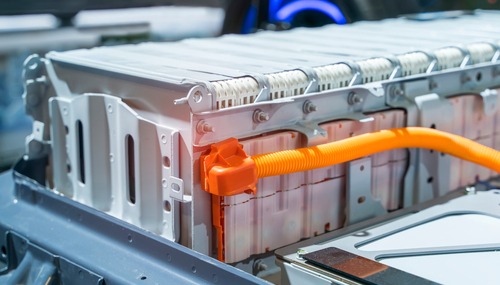Article Summary –
The U.S. Treasury Department and the Internal Revenue Service (IRS) have released the final rules on clean vehicle provisions of the Inflation Reduction Act (IRA), with the Department of Energy providing guidance on battery manufacturing issues. The rules, which include stipulations on taxpayer and vehicle eligibility for clean vehicle credits as well as regulations on transferring these credits, have reportedly created a manufacturing boom in the US with over $173 billion in private sector investment in the clean vehicle and battery supply chain. The rules also provide for consumer savings, with clean vehicle credits saving customers up to $7,500 on a new vehicle, and significant savings on gas, potentially leading to an estimated $700 million in consumer savings.
U.S. Treasury and IRS Finalize Rules on Clean Vehicle Provisions and Battery Manufacturing
The U.S. Treasury Department and the Internal Revenue Service (IRS) have recently finalized the rules on clean vehicle provisions of the Inflation Reduction Act (IRA). In addition, the U.S. Department of Energy has issued guidance on battery manufacturing issues, which arose from the Bipartisan Infrastructure Law (BIL).
These newly released rules are said to be reducing costs for consumers, while sparking a manufacturing boom in the U.S. for batteries and clean vehicles. Over $173 billion in private sector investments has already been announced across the country in the clean vehicle and battery supply chain.
“The Inflation Reduction Act has instigated an investment and manufacturing surge in the U.S., creating ecosystems nationwide that support the clean vehicle supply chain. The Act’s clean vehicle credits save consumers up to $7,500 on new vehicles and hundreds on gas annually, while generating good jobs and bolstering our energy security,” said Treasury Secretary Janet L. Yellen.
The finalized rules clarify taxpayer and vehicle eligibility for clean vehicle credits, address critical minerals and battery components requirements, and implement the Foreign Entity of Concern restriction added by the IRA. The DOE’s guidance provides additional clarity on these matters related to the 30D clean vehicle credit and the battery manufacturing grant program.
The updated rules also specify that the 30D clean vehicle credit of up to $7,500 and the 25E previously owned clean vehicle credit of up to $4,000 can now be transferred to registered dealers at the point of sale. This means that instead of waiting to claim the credits when filing their taxes, buyers can now benefit from immediate rebates. To date, over 100,000 credits have been transferred at the point of sales, resulting in an estimated $700 million in upfront consumer savings.
“Today’s actions from Treasury and DOE provide clarity and certainty to an EV marketplace that’s rapidly growing. We’re clearly moving towards a future where more Americans drive EVs or plug-in hybrids that are affordable and made here in America,” said John Podesta, Senior Advisor to the President for International Climate Policy.
—
Read More Kitchen Table News


